College of Human Sciences
#Imbokodo—persist to navigate obstacles
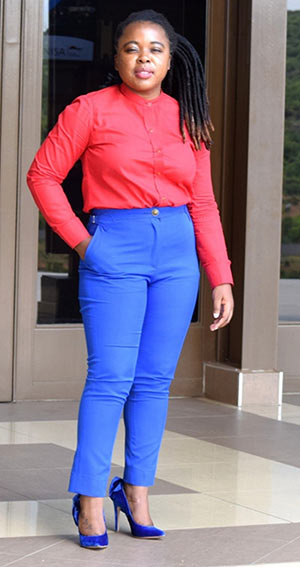
Dr Fortunate Silinda (CoD: Psychology, School of Social Sciences) is a young, courageous and driven woman who strongly believes in women empowerment and sisterhood.
As we celebrate #Imbokodo Month (Women’s Month), we remember the 1956 heroines who dedicated their lives to the pursuit of women’s rights - the likes of Lilian Ngoyi, Sophy de Bruyn and Helen Joseph, who broke their silence against women oppression. Today, some of the most important issues to reflect on are women empowerment, gender-based violence, and women accepting and embracing who they are. Unisa’s Dr Fortunate Silinda believes that the cultural society made it mandatory for females to be nurturers. Therefore, it makes it difficult for women to care for themselves as they spend most of their time caring for others.
Silinda, a young driven woman academic holds a leadership position as the Chair of Department (CoD) for Psychology in the School of Social Sciences. A registered psychologist by profession, she adds that, at a certain point, women may realise that they never cared for themselves as much as they would have wanted, and this may affect their confidence and self-esteem as they are used to caring for those around them. She encourages women to accept who they are, including their physical appearance, instead of seeking validation by being in someone else’s body as failure to achieve that may result in lack of confidence and self-esteem.
Passionate about women empowerment, Silinda urges women to embrace being industrious and to see opportunities in everything they do. According to her, in a traditional society, there are women who are industrious and there is a need for them to learn how to embrace their potential abilities and develop these at an early age. One of the best ways is to start teaching young girls to see opportunities in their environment and for them to believe in their capacity to achieve.
Explore and achieve potential abilities
"We need to learn to embrace our potential abilities and develop them. Our mentality has been conditioned by cultural ideologies that we must serve in every point of our lives. This mentality has conditioned women’s behaviour to miss to pursue opportunities when they identify their potential abilities. I think attaining education and improving child-rearing practices are some of the ways to boost women’s confidence and self-esteem. Furthermore, when young adults grow into womanhood they will embrace who they are, love themselves, explore and achieve their potential abilities," reiterated Silinda.
She expressed that women should start looking beyond what other people will think of them when they go after what they want in terms of their developmental needs. She says they should also not be afraid to fail when they go after what they want, as failure is an important aspect of life. For Silinda, it is through failure that people learn great lessons that contribute to their success.
Learn from big sisters
Addressing the issue of pull-me-down syndrome, she says women can avoid it by seeing the women around them and their achievements as inspirational, which boils down to the concept of sisterhood. She admires many women who are flourishing in their careers and always uses their achievements as motivation that she too, can achieve her goals. Most of her mentors are women and she does not see them as competitors, but as big sisters she can learn from.
Silinda strongly believes in sisterhood. "Sisterhood is about having the back of our fellow sisters and equipping them with skills they need to achieve their goals. We can use a bottom-approach community needs analysis to identify relevant skills within women’s context. This needs analysis will inform the training programme for women skills development. The relevance of this sisterhood approach is to move from theory to practice. For example, if a woman is taught how to cook food or knit, the woman should also be encouraged to start selling food or their knitted material."
Further to that, there is a need to highlight certain qualities that could be very important for a woman’s confidence and self-esteem. Silinda concluded by saying that a woman must be disciplined in pursing her goals, determined irrespective of the obstacles that she encounters, persist to navigate the obstacles, and have hope in her ability to achieve and excel in her goals irrespective of what anyone thinks.
As the late politician, campaigner for women and anti-apartheid activist Winnie Madikizela-Mandela said: "Women are the people who are going to relieve us from all this oppression and depression…" Silinda is fearless to be among those #imbokodos.
* By Nancy Legodi, Acting Journalist, Department of Institutional Advancement
Publish date: 2020/08/19
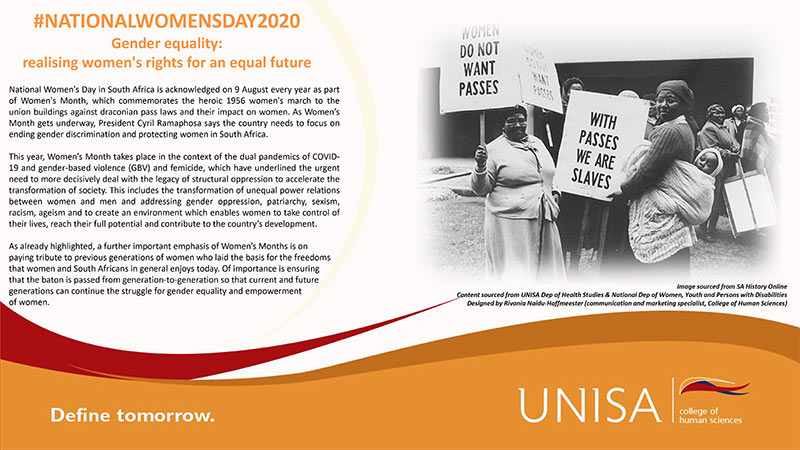
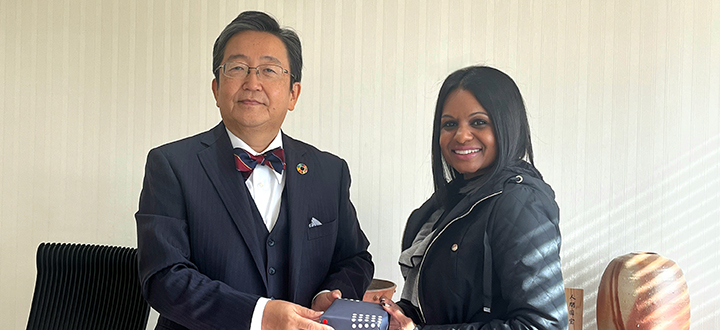
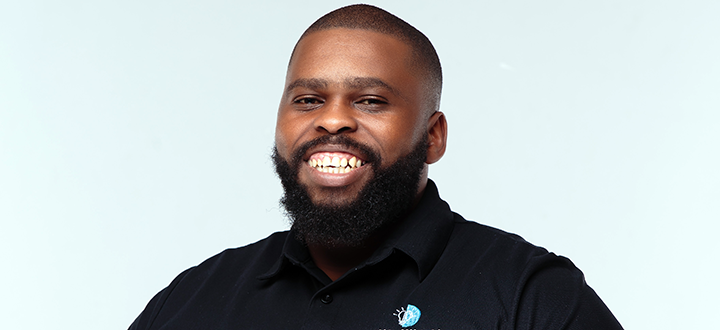 From unemployed graduate to business founder
From unemployed graduate to business founder
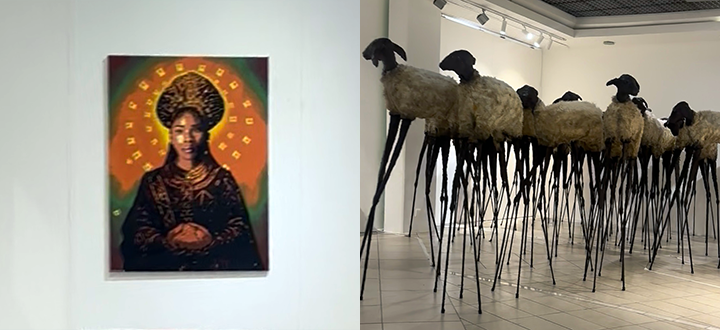 Multidisciplinary showcase set to celebrate the creative achievements of Unisa art students
Multidisciplinary showcase set to celebrate the creative achievements of Unisa art students
 Cheers! Unisa toasts its award-winning student brewers
Cheers! Unisa toasts its award-winning student brewers
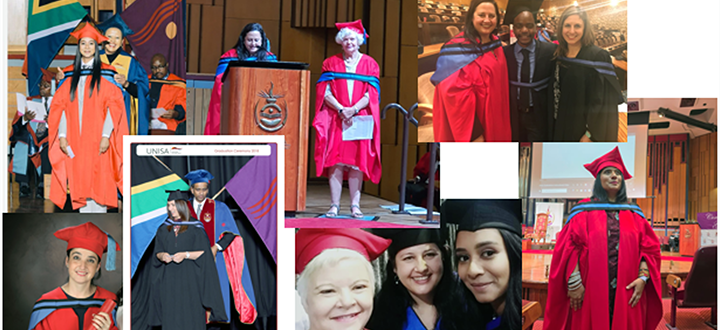 Building a community of strategy-as-practice researchers
Building a community of strategy-as-practice researchers
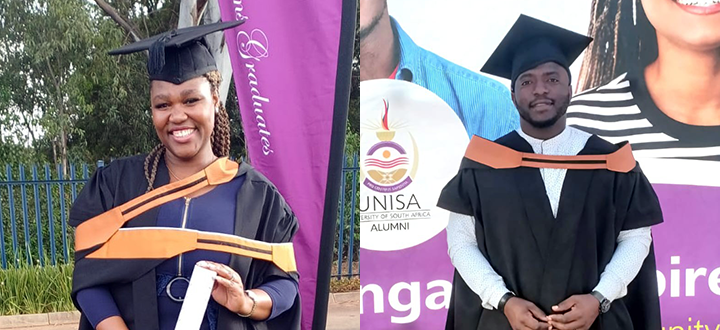 Matrimonial magnificence as husband and wife graduate at Unisa
Matrimonial magnificence as husband and wife graduate at Unisa